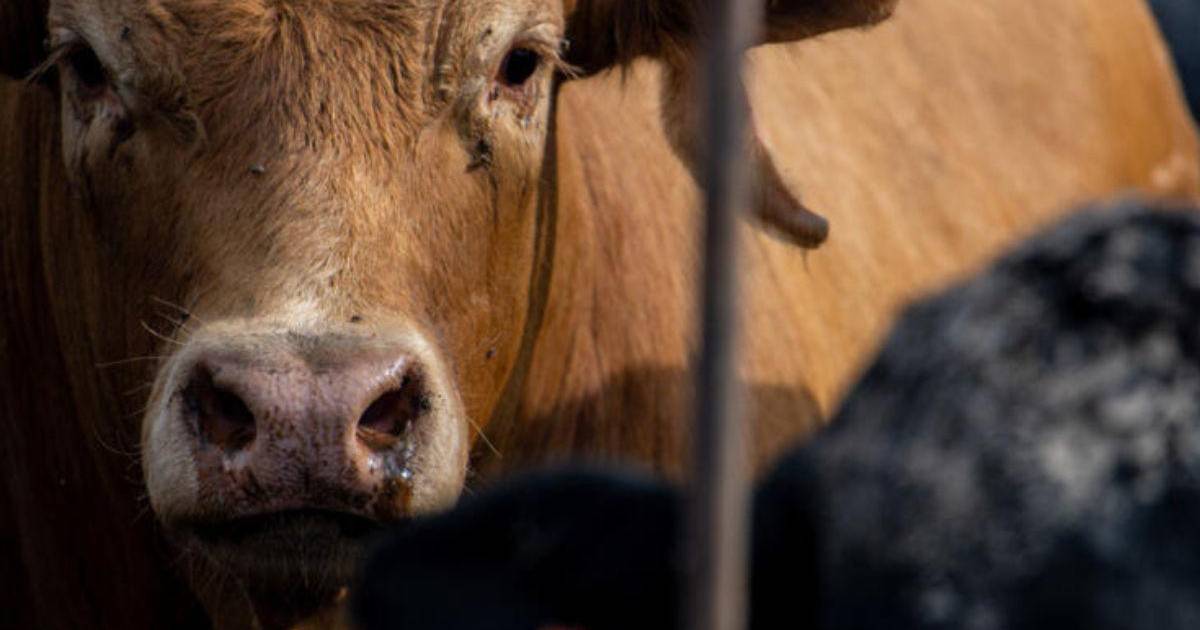Houston, United States – Local authorities reported on Wednesday that cows at a dairy farm in the southern U.S. state of Texas were infected with the avian influenza virus, an unprecedented event, and cases were also reported on farms in Kansas.
“This newly confirmed infection in dairy cows is unprecedented,” Texas Department of Agriculture Superintendent Sid Miller said in a statement, anticipating more cases could emerge in the coming days.
This is a form of highly pathogenic avian influenza (HPAI), commonly known as bird flu, according to a statement from the Texas Department of Agriculture. Miller clarified that “while concerning, this outbreak is not currently expected to threaten the country’s commercial dairy supply.”
Texas agriculture authorities said the U.S. Department of Agriculture (USDA) veterinary laboratory “has not identified changes in the virus that would make it more likely to spread to humans.”
“The risk to the public at this time remains low. Efforts are being intensified to continue epidemiological investigations to ensure a comprehensive assessment of the situation,” the statement detailed. “
Miller said bird flu was detected last Monday in raw milk samples from a farm in Texas and in production at two other dairy plants in Kansas.
Affected cattle exhibit flu-like symptoms such as fever, milk thickening and discoloration, and a sharp decrease in milk production. Miller explained that sick cows are kept separate from other livestock and their milk.
“I don’t know if he entered contaminated milk in the food chain,” Miller said earlier this week. He noted that the pasteurization process can render the virus inactive if some of the affected milk violates control measures.
The U.S. Department of Agriculture announced Monday it was investigating “a disease occurring primarily in older dairy cows in Texas, Kansas and New Mexico.” They tested samples from Texas and Kansas and the results came back positive for bird flu.
As background, the farm discovered dead wild birds on its property. “Based on findings in Texas, the virus appears to have been introduced by wild birds,” the USDA’s Animal and Plant Health Inspection Service detailed.
“Avian influenza has not been confirmed to be the sole causative agent of the reported cattle illness,” Texas authorities said.
The outbreak occurred in an area of North Texas that has recently been affected by large-scale wildfires, which has hit agricultural production.
According to the Food and Agriculture Organization of the United Nations (FAO), Avian Influenza “In addition to the potential risk to human health, it also poses a significant threat to commercial poultry farming and people’s livelihoods.”

